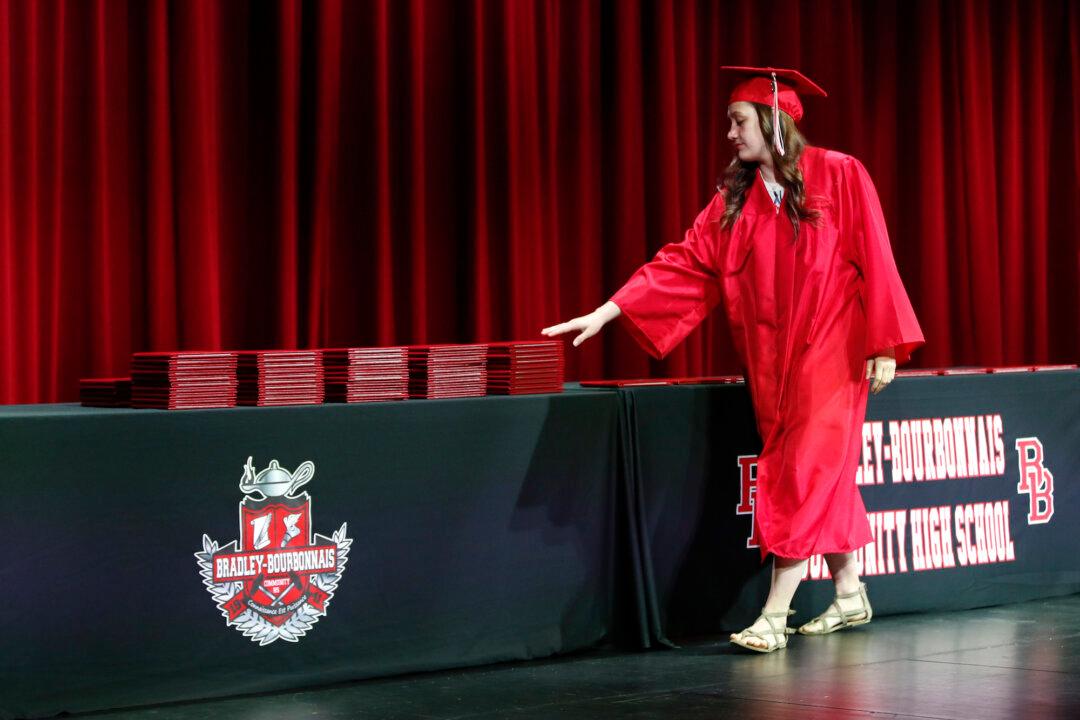In 1821, the first public high school was established in the United States. Since then, the pursuit of the high school diploma has been a primary goal for most Americans. Earning the accolade is celebrated as a major milestone. Parents not only anticipate their child’s graduation but expect it—complete with pomp and circumstance, cap and gown, and pecuniary gifts at the graduation party.
The diploma’s magical appeal to parents is undeniable. High school graduation is seen as the doorway to all the opportunities of adulthood. Without a diploma, who would be able to attend college or get any job at all, right? Through the typical high school route, millions of teens launch to become the doctors, lawyers, plumbers, and farmers of the next generation.





